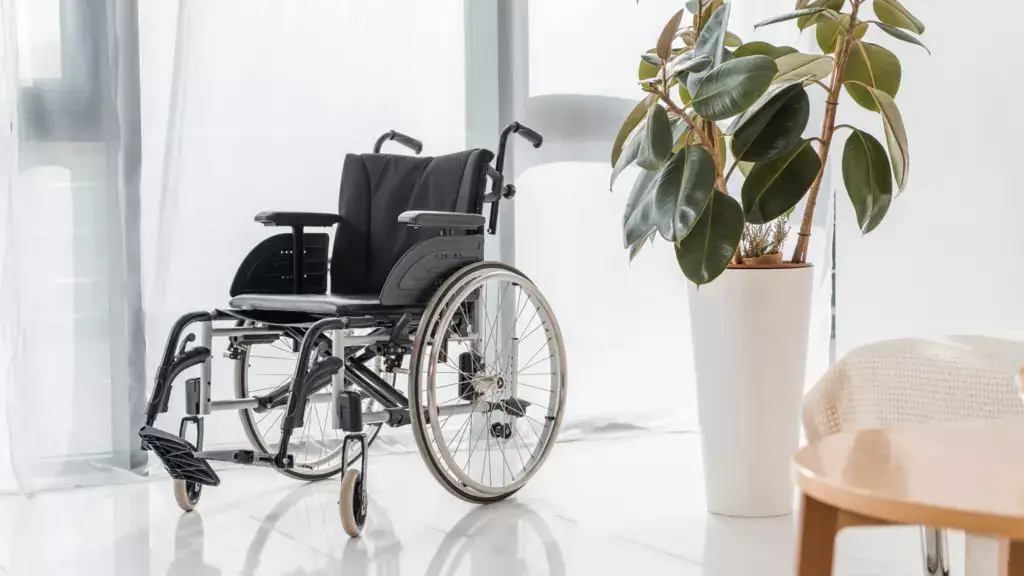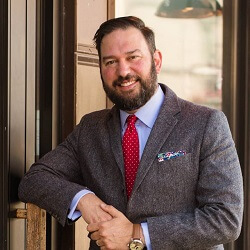
Falls among older adults are very common, including in nursing homes and assisted living facilities. Sadly, many of these falls are preventable. Nursing home falls often result from neglect. Facilities should have prevention plans and protocols in place to reduce the risk of a patient falling. However, accidents still happen because nursing homes are often understaffed, and employees are stretched thin.
Falls can be devastating, especially for older adults. The Centers for Disease Control and Prevention estimate that one out of five falls results in severe injuries, such as head injuries or broken bones. Over 800,000 people require hospitalization every year for injuries sustained in a fall. If you need assistance after falling in a nursing home, MG Law is here to help.
Common Causes of Falls in Assisted Living Facilities and Nursing Homes
The causes of nursing home falls can be grouped into two main categories—medical conditions and environmental hazards. Some of the most common medical conditions that can contribute to falls include the following:
- Seizure disorders or epilepsy,
- Being overweight or underweight,
- Cognitive impairment,
- History of falling,
- A transient ischemic attack,
- Weakness or balance issues,
- Nerve damage,
- Huntington’s disease,
- Medications,
- Using a cane or walker,
- Active hip fracture, and
- Need for corrective lenses.
Environmental hazards that can cause a resident to fall include the following:
- Cluttered room space,
- Defective wheelchair brakes,
- Improper bed height,
- Wet floors,
- Poor lighting,
- Uneven floors,
- No grab bars,
- Unstable furniture,
- Uneven floors,
- Poorly fitted shoes,
- Malfunctioning bed wheels, and
- Poorly maintained wheelchairs.
In some instances, falls can occur when nursing home staff are present. For example, a resident might require two people to move to and from bed. However, the nursing home is understaffed, and only one nursing assistant is available. That can result in the resident falling because the staff member can’t safely move them.
Unfortunately, many nursing home falls could have been prevented but weren’t. Proper fall prevention protocols keep residents safe and reduce the risk of injuries. Sometimes, these protocols aren’t enforced until after someone falls in an assisted living home.
Common Nursing Home Injuries
Falls are incredibly debilitating for older adults. Even a low-impact fall can result in devastating injuries. Some of the most common injuries in nursing home falls include the following:
- Head injuries and traumatic brain injuries,
- Hip fractures,
- Other broken or fractured bones,
- Contusions and lacerations, and
- Muscle strains and sprains.
Some fall victims might suffer a stroke, either from a brain injury or after surgery for a hip fracture or other injury. Even if the resident doesn’t have severe injuries, they might have long-lasting complications. It takes longer to heal as we age, and there’s a greater risk of further trauma after an injury or surgical procedure. Being hospitalized also presents multiple other risks, such as catheter-associated UTI, pneumonia, or other hospital-acquired infections. There’s also a chance your family member could be exposed to COVID, flu, or other diseases during transport or while hospitalized.
Falls can sometimes be fatal for older adults. If your family member dies due to complications following a fall-related injury, certain surviving family members could have grounds to bring a wrongful death lawsuit against all the responsible parties, which might include the nursing home and the hospital.
How to Prevent Nursing Home Falls
In most situations, family members are at the mercy of nursing homes regarding fall prevention strategies. All nursing home staff interacting with residents should be familiar with fall risk factors and what steps they need to take to reduce or eliminate the risk of someone falling. On top of training protocols, you can make specific requests. It’s best to make requests in writing in case something happens later. A paper trail can help establish negligence.
Potential requests to make that could help prevent falls include:
- Grab bars,
- Elevated toilet seat,
- Adult diapers or bedside potty,
- Mobility aids,
- Nightlights,
- Floor cushions,
- Low-profile bed,
- Bed alarm, and
- Bed monitor.
Facilities are ultimately responsible for keeping residents safe. However, you shouldn’t leave things to chance. Even the best nursing homes in Georgia have isolated incidents of neglect or abuse. Neglect isn’t intentional, but understaffed facilities might not have enough personnel to keep residents safe from fall risks such as getting out or into bed unassisted.
Can Family Members Sue in the Event of a Nursing Home Fall?
If your family member suffered injuries due to a nursing home fall, you might be able to file a lawsuit against the facility. When facilities don’t follow federal and state regulations, they breach their duty to keep all residents safe. If their actions constitute negligence, you and your family members might be able to sue for nursing home neglect.
Filing a Nursing Home Lawsuit in Georgia
Pursuing compensation for damages in a nursing home fall can be complicated. You need a Georgia nursing home neglect and abuse lawyer who understands the nuances of this type of litigation. At MG Law, we have years of experience representing injured victims and their families. Our attorneys are committed to getting justice for our clients. Nursing homes need to be held accountable for their negligence, especially if it can help prevent another resident from suffering similar harm.
Filing a lawsuit might be the only option to get justice for your loved one. A successful lawsuit can provide much-needed compensation for their medical treatment, physical therapy, and other damages.
Contact a Georgia Nursing Home Abuse and Neglect Lawyer
If you’re considering legal action against a nursing home due to a loved one’s fall, remember not all personal injury law firms are the same. You’ll want to find a lawyer with experience handling these types of cases because that will help you get the best outcome possible. At MG Law, we know what it takes to build a strong case for nursing home neglect or abuse. We can help you identify all potentially liable parties and gather evidence that supports your lawsuit.To learn how we can help, contact our office today to schedule an initial consultation. We offer free consultations, so you have nothing to lose by meeting with one of our Georgia nursing home lawyers. Let us review your case and discuss the best course of action to take.

